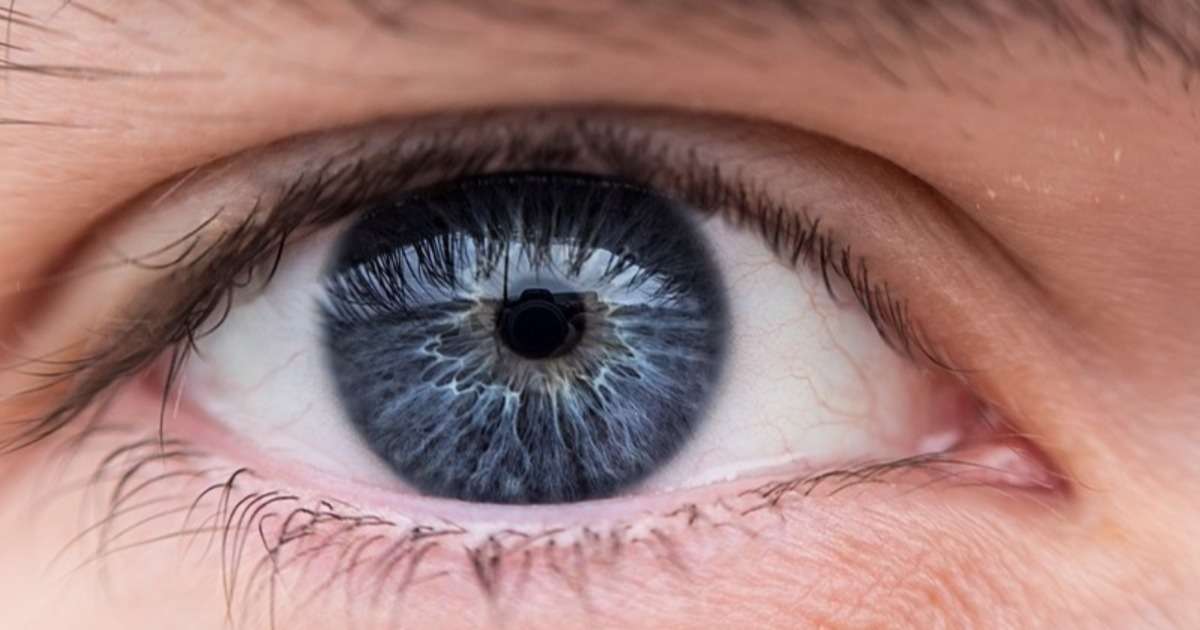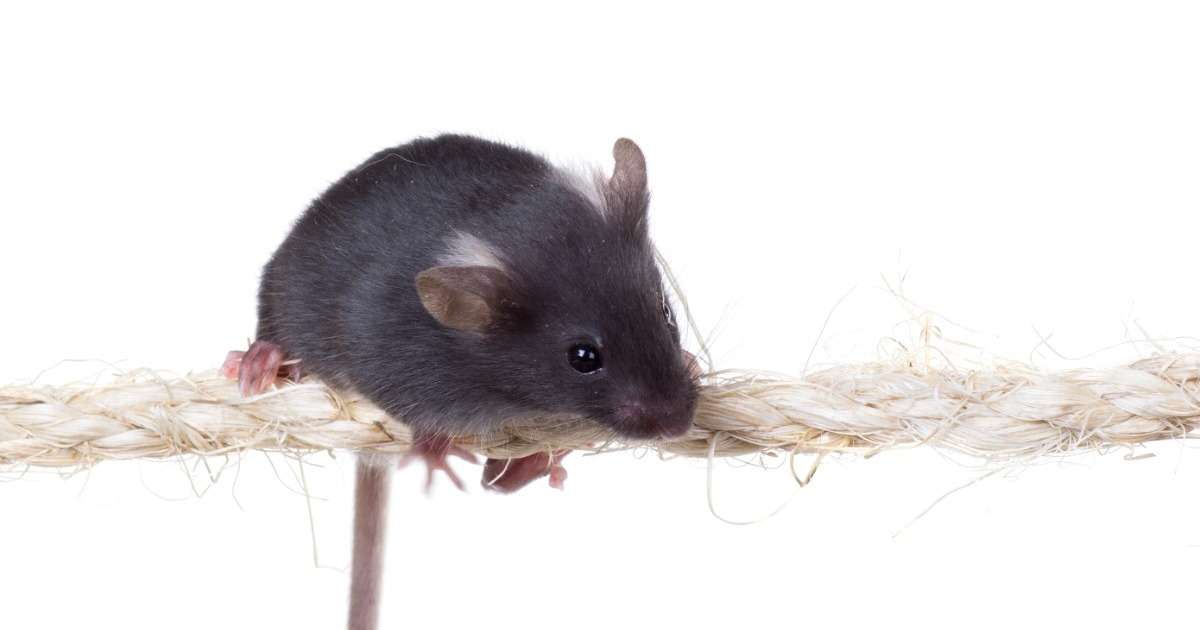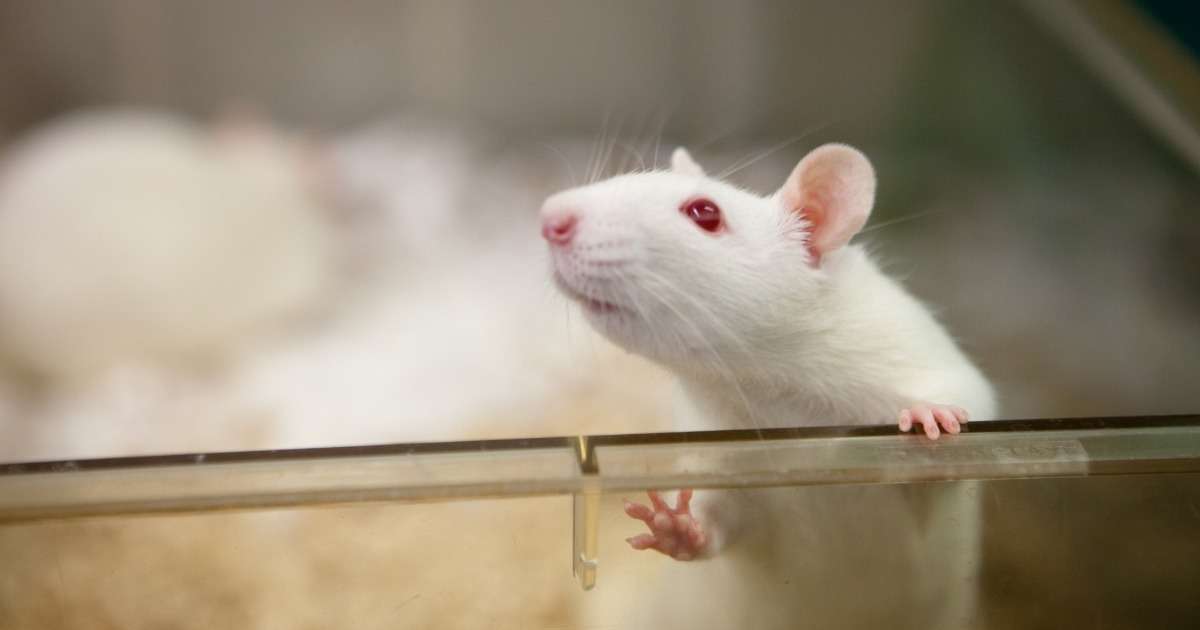Filter on
human behavior research categories

Video recording used in psychology
Understanding behavior during an interaction becomes much easier with video observations, and enables students to watch and learn.

Exploring learning experiences of undergraduate nursing students
Simulation-based training sessions are essential in healthcare education. How do nursing students experience the use of a virtual interactive digital simulator compared to a human patient simulation?

What can you use eye tracking for?
Eye tracking is a technique which records what you are looking at. With more complex analysis, it can give all sorts of information about a subject's mental state.

Measuring the intensity of emotional response to political advertisement videos
To convince voters, all kinds of strategies can be used to stimulate the electorate. Researcher Dias and his team evaluated how voters respond to changes in the scenario of videos of political propaganda.

The role of facial expression of emotion in joint activities
How does emotion expression guide interactive value learning and interactive corrective action selection? Dr. Robert Lowe investigated this and shares his findings in this guest blog post.

Discussing uncertainty during cancer genetic counseling
Getting screened preventively to find out whether a genetic predisposition increases the chance of developing cancer, causes great uncertainty. Which communication manners help to deal with this?

How to conduct research with human participants during COVID-19
Are you going to pick up research with human participants again? Here are some useful tips to ensure safety and hygiene in a corona-proof lab.

Alexa, Siri, Google – Are voice assistants the future of marketing?
Voice assistants – they are found in almost every aspect of our daily lives. Elaine Mathe studied how users interact with voice assistants and what emotions they show in response to played ads.

Simulation-based training in times of crisis
Simulation can be a useful tool in the development of new standard operating procedures and policies needed to respond to crises like COVID-19.

The eyes have it: face masks and non-verbal communication
When seeing another person wearing a face mask, humans have to rely on visible facial signals, which are the eyes and eyebrows. Looking someone in the eye is an important part of communication.
Filter on
animal behavior research categories

Homology and analogy in behavioral neuroscience
The point of this blog is to encourage you, as researchers, to ‘double think’, which is to say think like a scientist and think like an animal.

Noldus Grant Assistance Program launched in North America
Grant funding is the lifeblood of academic research. Is successful funding the best path to securing future funding?

Let the software work for you!
Why do more work than you have to? Especially now, do you really want to be stuck inside on a beautiful day scouring over your behavior tracking data to make sure there aren’t any missing samples or tracking jumps?

Toxicometabolism and behavior of zebrafish exposed to cannabinol
THC and CBD are well-know compounds of cannabis (Cannabis sativa), use for recreational purposes or health benefits. We have less knowledge of the effects of another active compound: CBN.

Gait analysis after a bone fracture
Recovery after a bone fracture is more than just healing bone and soft tissue. Research on gait analysis is necessary in order to improve knowledge about bone regeneration and rehabilitation after lower extremity fractures!
![Neuroscience conferences in 2020 [UPDATED] neuroscience-conferences-2020](https://www.noldus.com/static/images/core-blog/neuroscience-conferences-2020.jpg)
Neuroscience conferences in 2020 [UPDATED]
Looking for the best neuroscience conferences to add to your 2020 calendar? We’ve put together an comprehensive list of the best (behavioral) neuroscience conferences to attend in 2020.

Assessing motor outcome in rats with peripheral nerve injury
At LBI Trauma, CatWalk XT is one of the most important tools to evaluate functional recovery in different animal models. Read more about what they found to be key factors when studying motor performance in rats with femoral nerve injury.

Antidepressants during pregnancy: effects on offspring social behavior
Many depressed women struggle with this: can I use antidepressants during pregnancy? The lab of Jocelien Olivier studies the effects of SSRI's on offspring behavior in an animal model.

How bank voles take the future into account
Bank voles are often exposed to predator odor and alarm pheromones. This perceived predation risk may cause cross-generational behavior changes, which seem to be context-dependent on their in utero exposure.

Livestock Research: Tracking sheep to learn their behavior
We recently installed TrackLab at Aberystwyth University in Wales, UK, for the tracking and detailed analysis of the spatial behavior of sheep.
